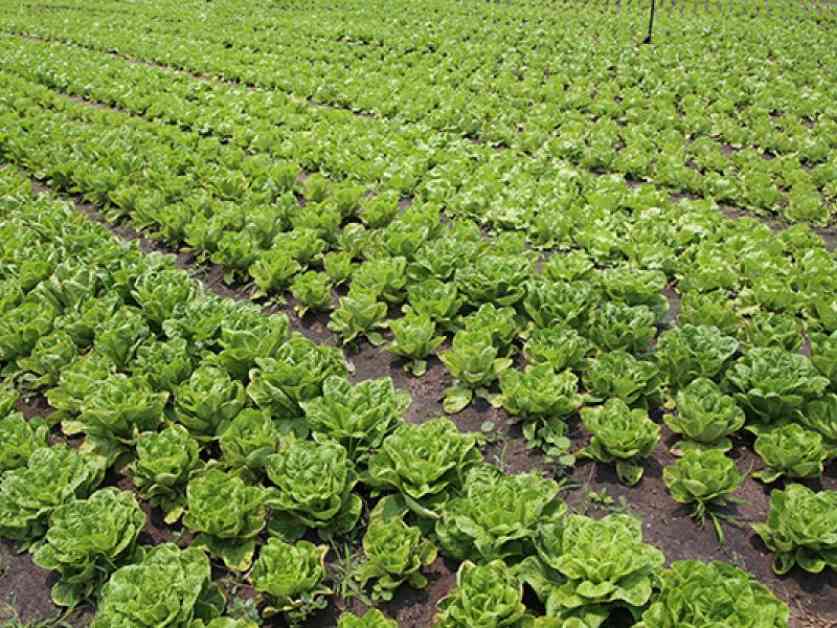Agricultural Growth Project in the Great Lakes Region – PICAGL – Closure by December 31, 2024
Kinshasa, December 30, 2024 – The National Coordination of the Integrated Agricultural Growth Project in the Great Lakes (PICAGL) informs all its partners and beneficiaries of the official closure of the project on December 31, 2024. This date marks the end of all contractual and administrative commitments related to the project. As a result, all work, services, and supplies carried out under PICAGL must be completed and subject to provisional acceptance by no later than December 31, 2024.
After the official closure, disbursements will be made no later than April 30, 2025, solely for withdrawal requests received by the World Bank for payments made or due for goods, works, and services, or other eligible expenses under the Financing Agreement that were provided and accepted before the project closure date.
Furthermore, movable and immovable property as well as supplies acquired with project funds will be transferred to the administrations and services involved in the Ministries of Agriculture, Fisheries and Livestock, as well as Rural Development, in accordance with the provisions of the PICAGL Procedures Manual by an ad hoc commission set up by the Secretary General for Agriculture and Food Security.
Impact of the PICAGL Project
Since its launch in 2018, the PICAGL has worked to increase agricultural productivity and commercialization in targeted areas in the DRC, improve regional integration in the agricultural sector, and provide an immediate and effective response in the event of declared crises or emergencies. The regional project has been implemented in the provinces of South Kivu and Tanganyika, particularly in the Bukavu-Uvira-Kalemie corridor.
Our heartfelt thanks go to the World Bank, the major financial partner of PICAGL, for its unwavering support throughout the project implementation. We also commend the commitment of national and provincial authorities, technical partners, civil society organizations, and local communities. It is through this synergy that we have been able to achieve the set objectives and lay the foundations for sustainable agricultural development.
Ensuring Sustainability and Future Success
Any residual activities not completed due to exceptional flooding will be transferred to other projects of the Government of the Democratic Republic of the Congo to ensure sustainability. It is important to emphasize that the sustainability of the achievements of PICAGL is a major priority.
The National Coordination of PICAGL therefore calls on competent authorities at both the national and provincial levels to ensure strict compliance with closure provisions and to implement adequate mechanisms to ensure the sustainability of the project’s achievements. These efforts are essential to ensure that the results obtained continue to benefit current and future generations.
In conclusion, the PICAGL project has made significant strides in promoting agricultural growth and development in the Great Lakes region. As we close this chapter, let us reflect on the impact we have made and continue to work towards a sustainable and prosperous future for all involved.
Alfred KIBANGULA ASOYO
Kinshasa, December 30, 2024

















